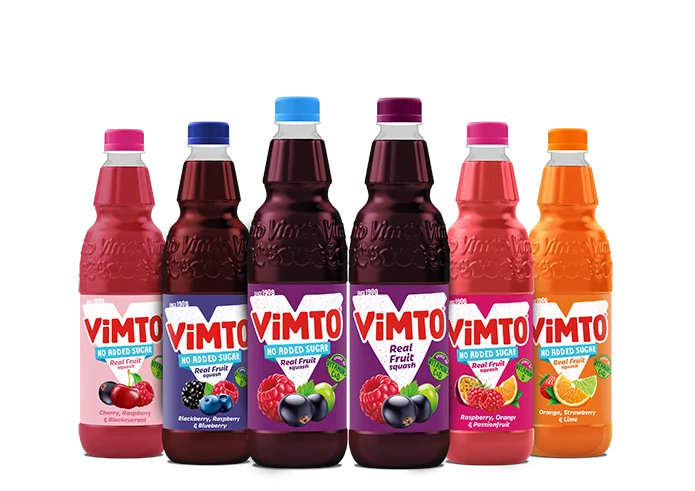Squash, a popular non-alcoholic drink in the UK, has yet to gain popularity in the US. Several factors contribute to this, including differences in drinking habits, limited availability, lack of marketing, cultural differences, and nutritional value.
In the American market, soft drinks and sports drinks dominate, marketed as instant thirst-quenching and energizing beverages. Carbonated drinks provide an instant sugar rush, while squash is a still drink that requires dilution and preparation, making it less appealing to Americans. Squash is not as readily available in American stores as it is in the UK, and the product is often hidden among other beverages, leading to limited awareness.
Squash has a long history in British culture, and it is a part of their cultural heritage. On the other hand, Americans have no such attachment to the drink, which results in a lack of marketing and effective promotion. Consequently, few Americans are aware of what squash is or what it tastes like.
Another reason why squash has not caught on in the US is its high sugar content, which makes it less attractive to health-conscious Americans. The trend towards healthier eating and drinking habits has led many Americans to seek out beverages that are low in calories and sugar, such as coconut water, kombucha, and green juice.
Americans have a diverse range of beverage preferences, including 100% fruit juice and frozen concentrate juice, which are perceived as healthy and convenient options. Unlike British squash, which requires dilution and preparation, frozen concentrate juice is a convenient and easy-to-store alternative. Additionally, 100% fruit juice is often perceived as a healthier option due to its high nutritional value and absence of added sugars. However, it is important to note that even 100% fruit juice can be high in sugar and calories, and it lacks the fiber found in whole fruits.
Carbonated soft drinks, sports drinks, energy drinks, and bottled water are also popular beverage choices among Americans. While squash may have a smaller market share in the US, there is still a niche audience that enjoys its unique taste and benefits. Effective marketing, greater availability, and education about the drink’s nutritional value could help increase its popularity. Overall, while high-juice squashes can be nutritious, it is important to consume them in moderation or choose low-juice squashes that contain real fruit juice and are lower in sugar. If you are interested in trying this uniquely British flavor here are some of the most popular flavors.


There are products very, very similar to squash sold in the US. Look for products called water enhancers. They come in both concentrated liquid and also powder form.